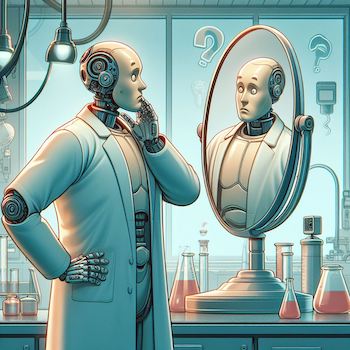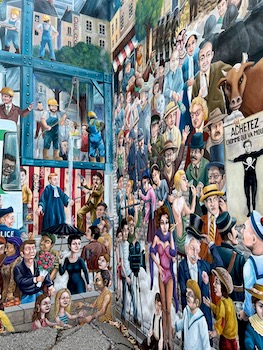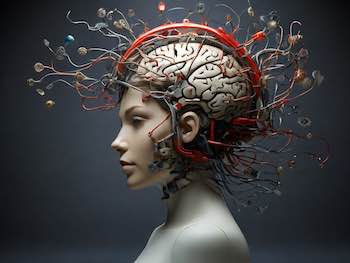What are the theories of consciousness surveys worth?
Beyond the appearences Reading a new survey of theories of consciousness, from a computational point of view, I am amazed by the number of a priori which, without seeming to be so, are hidden in the middle of the text. This type of work, however, strives, with meticulousness, to get rid of postulates and ambivalences … Read more










